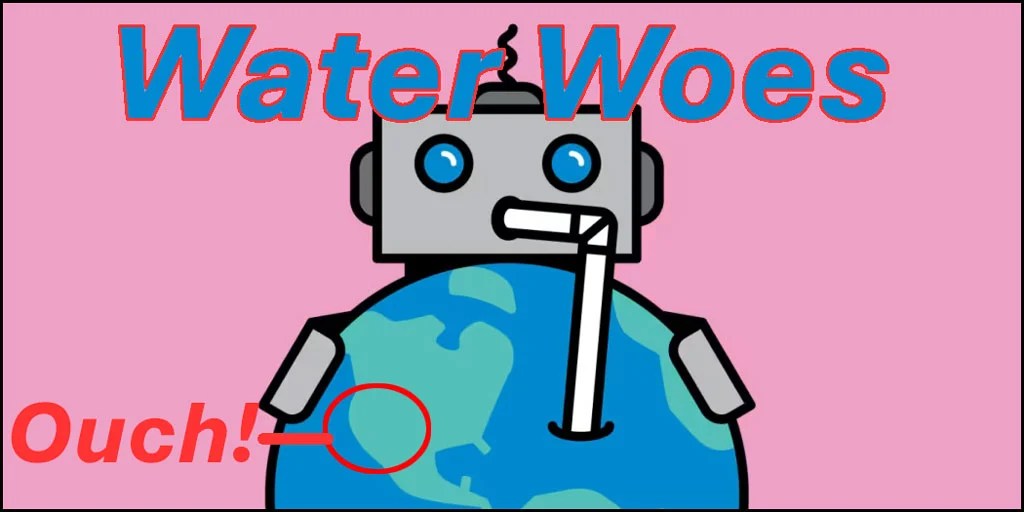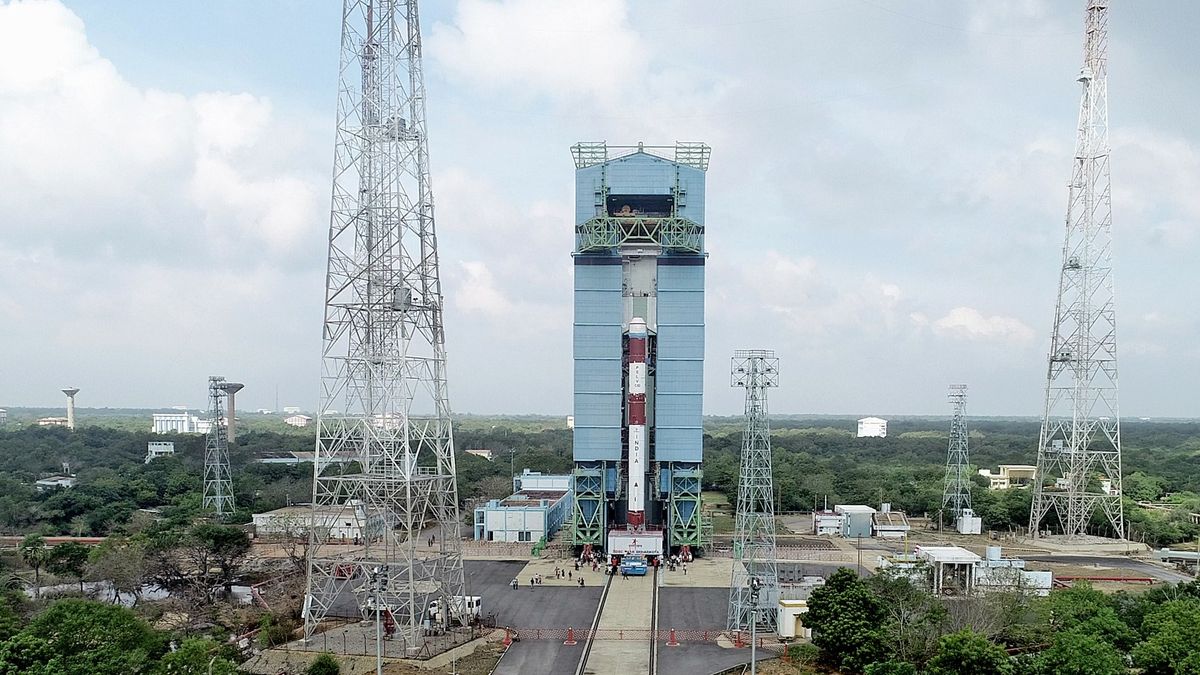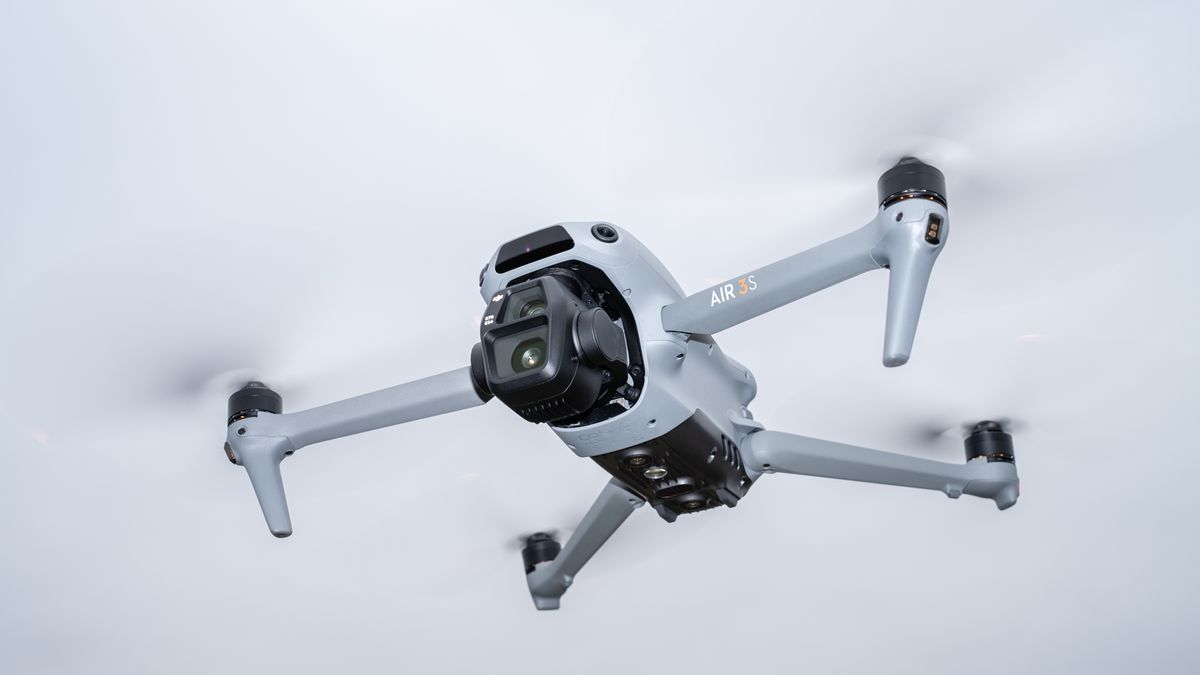The European Space Agency signed a deal with SpaceX to launch four navigation and communication satellites for the Galileo constellation on SpaceX’s Falcon 9 rockets. Each launch will contain two of the satellites.
The ESA had initially hesitated to use a foreign space launch service due to the classified information in the satellite constellation. However, it has become more flexible in choosing a launch service since most of Europe imposed sanctions on Russia for invading Ukraine. Arianespace has had issues with the development of the Ariane 6, the latest in its line of heavy-lift launchers. Arianspace’s Vega-C rocket launched seven satellites during its inaugural flight in July 2022. However, the Vega-C has faced issues with a rocket engine nozzle design that delayed further planned use of the rocket.
“We have 10 satellites that are ready to be launched, and those satellites should be in space, not on the ground,” said ESA director of navigation Javier Benedicto when discussing the decision to tap SpaceX to launch the four Galileo satellites.
The ESA is still considering who will launch the other six satellites and may not use SpaceX. This is notably the first time in 15 years that a Galileo satellite will be launched by a non-European launch service. It also marks the first time that SpaceX will launch a European-built satellite that contains classified information.
Last year, the ESA announced that it was phasing out the first generation of the Galileo satellites. These new satellites will replace them.
SpaceX previously made the ESA’s shortlist of international launch providers that could provide an alternative to the Russian Soyuz rocket. It recently launched the Euclid Space Telescope for the ESA. It also launched satellites for satellite Internet service rival OneWeb after OneWeb got cut off from using Russian rockets.
The deal still has to be approved by the European Commission and the European Union’s member states. The European Commission is looking into whether X (formerly Twitter) facilitated the spread of misinformation and hate speech surrounding the Israel-Hamas conflict. An X spokesperson said that it had been doing the best it could to remove abusive content and has shut down Hamas-linked accounts. Despite the claims, X has had issues with spambots and abusive content since it scaled back its moderation team under Musk’s direction. Many major advertisers have left the platform since Musk took Twitter private.
However, it remains unknown whether the investigation into X will color the Commission’s decision on the ESA-SpaceX deal. The Wall Street Journal expects the approval to go through by the end of the year. Galileo is the European Union’s alternative to the United States’ GPS satellites and a Chinese satellite navigation system and is routinely used by European military forces. Dates for the satellite launches have not been selected yet.








Leave a Comment